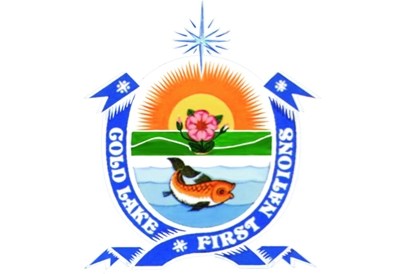Cold Lake First Nations (CLFN) is wanting to build on their relationships with their partners at the City of Cold Lake and the MD of Bonnyville.
With that in mind, the trio will be applying for a program that would strengthen their bonds and work on brainstorming regional-based projects.
The First Nations - Municipal Community Economic Development Initiative (CEDI) is a program offered by the Federation of Canadian Municipalities and the Council for Advancement of Native Development Officers.
Over the course of two years, the municipalities and CLFN would focus on their relationship and possible future endeavours by taking part in workshops and meetings. In the end, they create a joint economic development plan, which allows them to access a mentoring grant of $3,600, a $7,200 study/learning grant, and a capacity building grant of $35,000.
“CLFN has been actively working with the MD, Town of Bonnyville, and City of Cold Lake to identify synergistic opportunities, and the CEDI program is one such example,” said Charles Muskego, communications for Cold Lake First Nations. “There is so much potential for our respective communities when we combine our efforts and pursue mutually beneficial initiatives. It’s not just about today, but about building the foundation for our future generations.”
MD Reeve Greg Sawchuk said the relationship their municipality had with CLFN before had been “very little.”
“We’re almost starting at ground zero on this one, and we’ve heard it before in our association meetings that you can’t just jump straight to a financial agreement with a First Nation or settlement, you have to develop a relationship, and that’s exactly what this will be doing,” he added.
CLFN approached the two municipalities about applying for the program after a spot opened up just weeks before the deadline.
All parties agreed that with their shared focus on increasing tourism, it would be beneficial for them to work together.
“It’s putting us in the same room, having talks about issues affecting the region, and looking for opportunities,” Sawchuk stated.
Cold Lake Mayor Craig Copeland said it’s always a benefit when they can collaborate for the betterment of the region.
“We can all work together on economic projects that will benefit. We’re all talking the same language about tourism, and that’s probably going to be our main focus is to try and diverse the economy. We’re all neighbours, and I think this is great,” noted Copeland.
The deadline to apply was last week.
“It’s very preliminary, this is just the start of talks. What this agreement says is the three parties… we’re going to sit in a room and do some brainstorming together on how we can look at tourism opportunities, economic development, and just generally improve relations.”
Esther Quaimbo, administrative officer for the MD, stressed during council’s regular meeting on Wednesday, March 13, that “we’re not signing on for a certain project or applying for a certain grant. This is an application to help explore our relationship and possible development.”
She added, “What this program does, is it supports reconciliation, relationship building, and the development of joint-economic development or land-use initiatives.”



